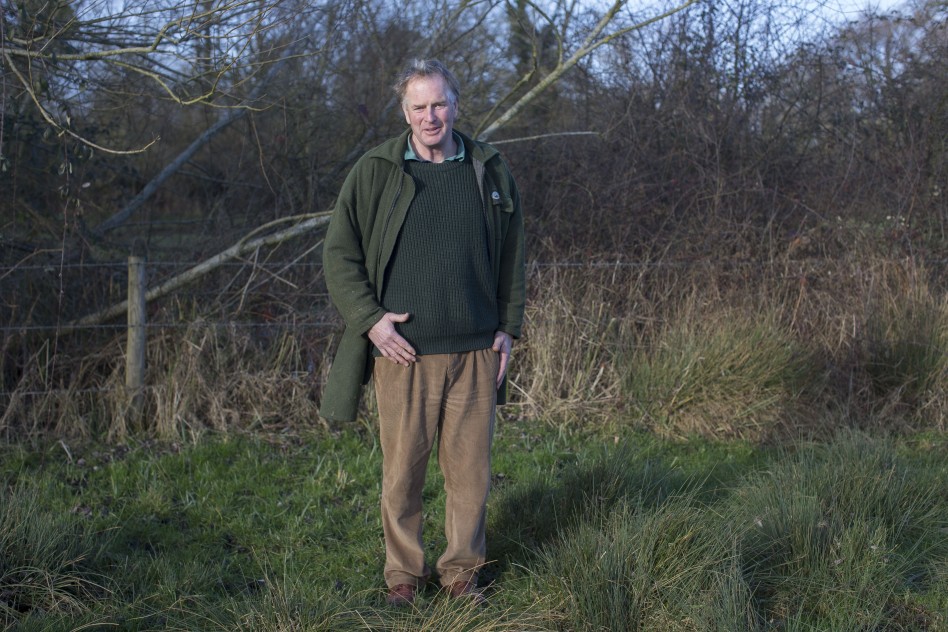Martin farms with his family at Montague on the western edge of the Pevensey Levels in East Sussex. Two-thirds of the land falls across grazing marshes, managed to restore wetlands for nesting Lapwing and Redshank and a complex of damp and herb-rich organic pasture. He looks after a flock of 850 Romney ewes and a mixed breed beef herd of Sussex and Angus cattle. In June, Savills published an article entitled ‘Can Farmers afford to switch to Regenerative Farming?’ and here, Martin responds to this with his own regenerative journey.
A farming idol once mentioned to me that you need a good idea every ten years to make a business work. That’s the moment of inspiration followed by the decade of perspiration. Each of these elements is important. Inspiration is drive, perspiration, attention to the details. Adapting farms to regenerative and organic principles is a case study of this concept.
At Montague farm, on the Pevensey marshes in East Sussex, we embraced full organic status in 1999, some 25 years ago. While we have no arable land, our sheep and cattle have been managed “regeneratively” ever since. We have low-output breeds, a closed flock of Romney ewes and a herd of Sussex cattle, which are both grass-only and cheap to run. The farming profitability is based around low input, low-to-medium (good for breed) output, and premium sale value. We have not sprayed or used artificial fertiliser for over 25 years and continue the bumpy journey of reducing insecticidal medication. Evolution doesn’t stop.
Farming in this way means we have the stocking rates and breed qualities that “fit” farming for wildlife in our specific wetland and meadow habitats. Income from the stewardship schemes, with recent increases, now nearly matches total livestock sales. Such payments are more durable politically and socially than previous support regimes, and growing in justification as the challenge for farmers to bring nature back from the brink intensifies. Our aquatic plants, rare beetles and varied bird life are day-to-day considerations that bring an absorbing joy to family and working life.
Reflecting on the other good ideas I might have had for the farm business is not for this comment, but when ranked, our integration of organic farming and managing land for wildlife remains the bedrock of our business. A “good idea” - still yielding both profit and unexpected benefits, particularly in motivating the next generation - doesn’t just take a decade to hone, but a lifetime, followed by another.
So, to answer the question, we could not have survived, let alone thrived, without switching to regenerative methodologies.


